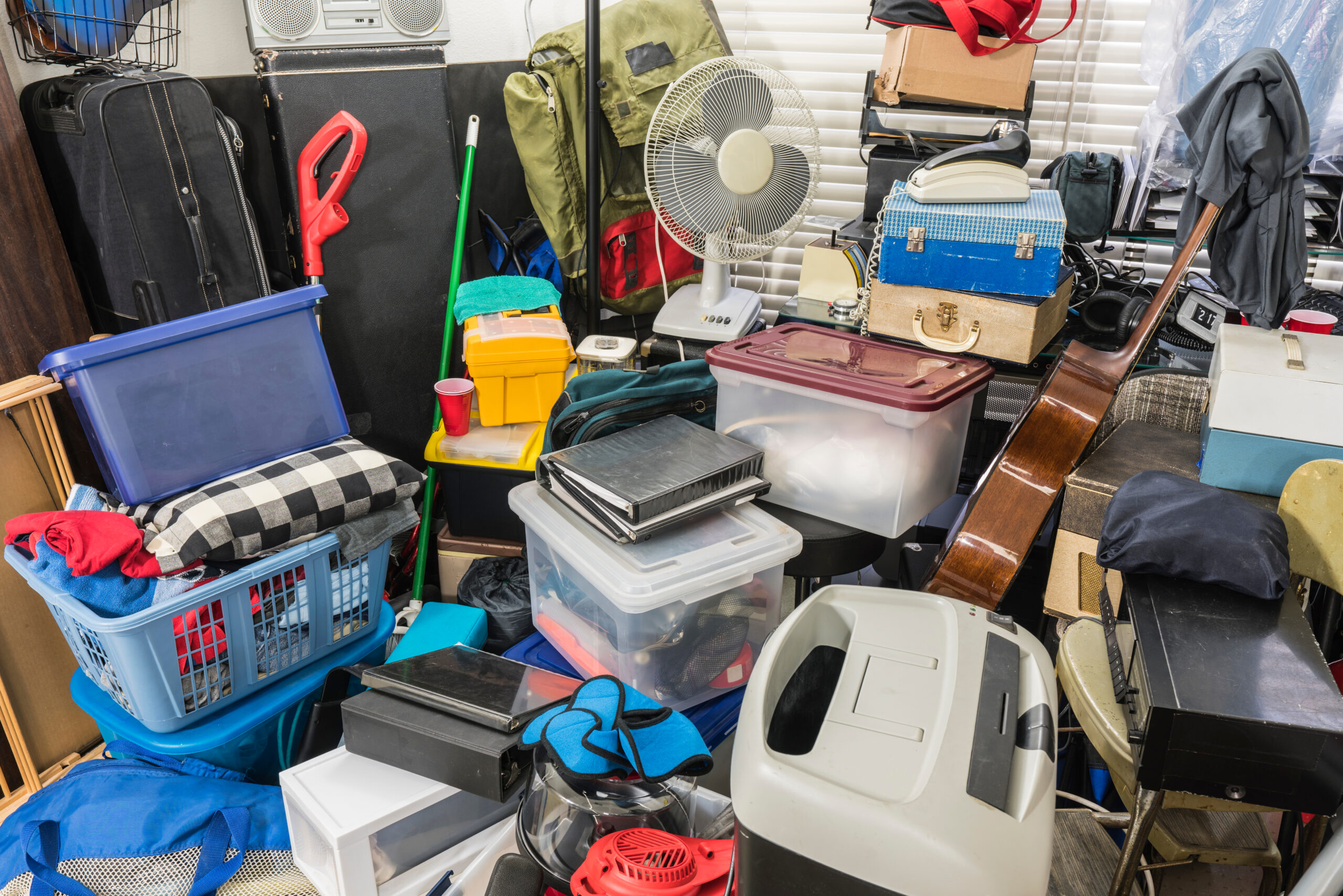
How to deal with a messy tenant
Have you ever found yourself frustrated by a tenant who can’t keep things tidy?
Maintaining rental properties is essential for preserving their overall value and ensuring a pleasant environment for future tenants. But what do you do when your tenant’s messiness becomes a bigger problem?
If you’re grappling with this issue, you’re not alone.
Read on to discover practical tips that can help you effectively manage a messy tenant and keep your property in top shape.
Identifying the signs of a messy tenant
During routine rental inspections, typically conducted every few months, there are certain signs that can indicate a messy tenant. These include overflowing trash bins, dirty dishes piling up, unkempt common areas, and neglected outdoor spaces. Noting these issues during inspections is crucial.
Ensure open communication, either directly with your tenant in private rentals or through your property manager in managed properties. This approach helps you stay informed about the property’s condition and address potential problems before they escalate.
What’s the difference between clutter and damage?
It’s essential to distinguish between general clutter and actual damage to the property.
Clutter refers to personal belongings and mess that can usually be cleaned up without lasting effects. An example of this could include a pile of clothes left on the floor or scattered personal items in living areas.
Damage, however, includes issues like stained carpets, broken fixtures, or structural problems that require professional intervention and can lead to significant repair costs. Understanding this difference can guide your response and the actions you take to address the issue.
Why a messy tenant is an issue
If you need more convincing that a messy tenant can be a significant problem, consider the potential impacts on your property’s value and condition. A tenant who doesn’t maintain cleanliness can cause numerous issues that affect both the short-term and long-term state of your investment.
Impact on property value
- Deterioration of fixtures and fittings: Accumulated dirt and grime can cause wear and tear on surfaces and appliances, reducing their lifespan and functionality.
- Pest infestations: Uninvited rodents, insects, and maggots inside your property. Do we need to say more
- Decreased curb appeal: Overgrown lawns, untrimmed bushes, and general outdoor mess can make the property less attractive to potential future tenants or buyers.
Impact on property condition
- Structural damage: Prolonged exposure to moisture from spills or leaks that go unreported can lead to mould growth and structural damage. Mould not only affects the aesthetics of the property but can also pose serious health risks.
- Health and safety hazards: Unsanitary conditions can create health hazards, including respiratory issues from dust and mould.
- Increased maintenance costs: Addressing the aftermath of a messy tenant often involves higher maintenance and repair costs. This can include deep cleaning, pest control, repairing damaged fixtures, and potentially renovating affected areas.
Tip #1: Communication is key
- Establish open communication: Start by having an open and honest conversation with your tenant. Address the cleanliness issues calmly and professionally, highlighting the importance of maintaining the property.
- Document everything: Keep records of all communications, including emails and written notices. This documentation can be crucial if further action is needed.
- Use property managers: If your property is managed by an agency, ensure your property manager communicates these concerns to the tenant on your behalf. This adds a layer of professionalism and can sometimes be more effective.
Tip #2: Set clear expectations
- Lease agreements: Clearly outline cleanliness and maintenance expectations in the lease agreement. Specify what constitutes acceptable living conditions and the tenant’s responsibilities.
- Property manuals: Provide a property manual with guidelines on how to maintain cleanliness, including tips and resources for keeping the property tidy.
- Regular inspections: Conduct regular inspections, typically every three to six months, to ensure the property is being maintained. Give proper notice as required by law.
Tip #3: Offer support and solutions
- Provide resources: Offer tenants resources like cleaning schedules, tips for organising, and information on local cleaning services.
- Professional cleaning services: Consider providing or recommending professional cleaning services, especially if the tenant struggles with maintaining the property. This can be a one-time solution to reset the property’s cleanliness.
- Organisational help: Suggest simple organisational tools and strategies, such as storage solutions and decluttering tips.
Tip #4: Issue formal warnings if necessary
- Verbal warnings: Start with a verbal warning if the tenant’s messiness persists. Be clear about the expectations and consequences if the situation does not improve.
- Written notices: If verbal warnings are ineffective, issue a formal written notice outlining the specific issues and the required actions. Refer to the lease agreement terms to back your requests.
Tip #5: Conflict resolution
If all else fails, take legal action if the tenant continuously fails to meet cleanliness standards. Ensure you follow all legal procedures and provide ample documentation to support your case.
Tip #6: Long-term strategies
- Tenant screening: Implement thorough tenant screening processes to identify potential issues early. Check references and rental histories to avoid problems down the line.
- Positive relationships: Foster a positive landlord-tenant relationship by being approachable and responsive. A good relationship can encourage tenants to take better care of the property.
- Continuous education: Educate tenants on the importance of property upkeep and provide ongoing reminders and support to help them maintain cleanliness.
Avoid tenant troubles with professional management
Don’t wait for a mess to turn into a disaster! Knowing how to manage cleanliness issues is essential for maintaining your property’s value and ensuring peace of mind.
If you’re feeling overwhelmed or simply want to enjoy a stress-free investment, getting an experienced property manager is the way to go. They handle everything from tenant communication to regular inspections, so you can spend more time doing what you love without the hassle.
Contact our friendly team at Semple Property Group today and discover how we can take the stress out of property management in Perth for you!
Related Articles

WA’s new rental laws & how to navigate them

Common landlord mistakes (and how to avoid them)


